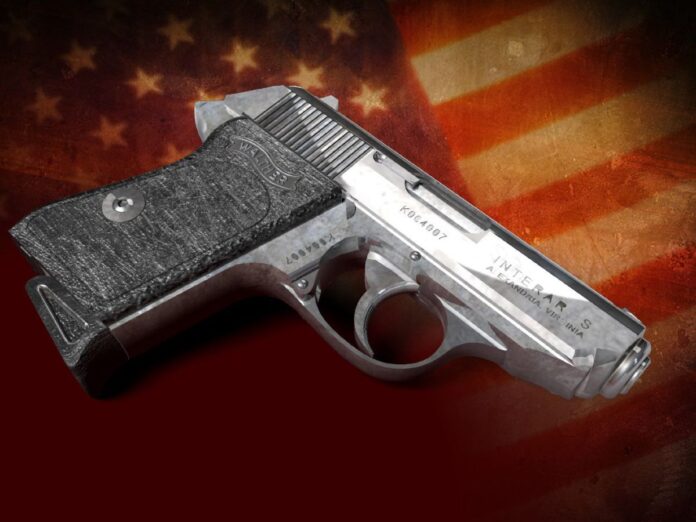EDINBURG — Texas will allow concealed handgun license holders to carry their weapons onto public university campuses starting today, which is also the 50th anniversary of the mass shooting at the University of Texas’ landmark clock tower.
For nearly a year now, the University of Texas Rio Grande Valley has prepared to roll out the mandated and controversial campus carry law.
After months of seeking feedback from students, faculty and staff at all UTRGV campuses in the area, university officials received the green light from the UT-System Board of Regents to implement and enforce a series of policies that outline where students can and cannot carry a handgun.
It was 50 years ago today that Charles Whitman, a 25-year-old ex-Marine, maliciously climbed his way to the highest point of the 300-foot tower loaded with guns and ammunition right after killing his mother and wife. He would kill 14 more and wound 32 others.
The incident has been recognized through the years as the first mass shooting in the nation. And to the dismay of many who disagree with having firearms on campus, today also marks the first day of campus carry.
“We are putting all the right protocols in place so that we can maintain safety and security,” said UT Chancellor William McRaven during a visit to McAllen last week. “People tend to conflict the two issues of an active shooter and concealed carrier. Somebody can walk off the streets today and be an active shooter. We are getting better. We are putting more cops on the streets where we can.”
Unlike Senate Bill 17, which now allows Texas license holders to carry weapons openly, SB 11 only allows concealed handguns on higher education campuses across the state.
UTRGV first unveiled its recommendations in January and, after several meetings, the regents approved them with minimal change.
“It’s been approved, and it’s been posted,” said Ben Reyna, associate vice president for security and campus affairs. “We also defined exclusion zones with specificity as to rooms and certain areas. … On our webpage we have a policy, and then we have a supplement that gives you greater definition.”
Some of the exclusion zones include areas where there is a concentration of high school students or minors, such as the mathematics and science academy where students take dual credit courses, the university Head Start program and other child care facilities.
Counseling areas will also be labeled exclusion zones, as well as science laboratories where dangerous chemicals might be present, patient care facilities, religious worship areas, double occupancy dormitories and intercollegiate athletic events.
Appropriate signage is currently being placed at these and other areas to clearly identify the place as an exclusion zone, Reyna said, and a complete list has also been placed online.
Concealed handguns will be permitted in classrooms, single residence dormitories and other common areas.
“Given that it’s a concealed weapon, it’s not something I’m going to be visibly aware of,” said Eduardo Izaguirre, 19, a biology major at UTRGV. Even though he doesn’t agree with the rhetoric that carrying a handgun could make the university safer, he said he will try to remain calm while knowing handguns might be carried around him.
“I do at least like the fact that it’s people who have a license for it … however, background checks should be a little bit more intensive,” Izaguirre said.
For Izaguirre, the sheer notion of not knowing who has a gun is cause for concern, he said. But there are things the university could do to help him feel safer, such as increasing campus police presence in areas with a large concentration of students.
“If there’s a student union, if there’s like the university center, places where people group a lot,” Izaguirre said. “If there’s police around the area where there’s a lot more student traffic, I feel like that might help.”
UTRGV President Guy Bailey said he doesn’t expect much change in the dynamics of the university with the new law. University officials have been working, he said, to hire more police officers for each campus and they expect all concealed license holders to behave responsibly.
“We think we have a good plan that follows the law and also maximizes the security on campus,” Bailey said. “We are hiring more police officers and that’s one of our goals, to increase security… We don’t think that it will be needed because of campus carry, but we’re real pleased with the plan and we think we’ll be OK.”




